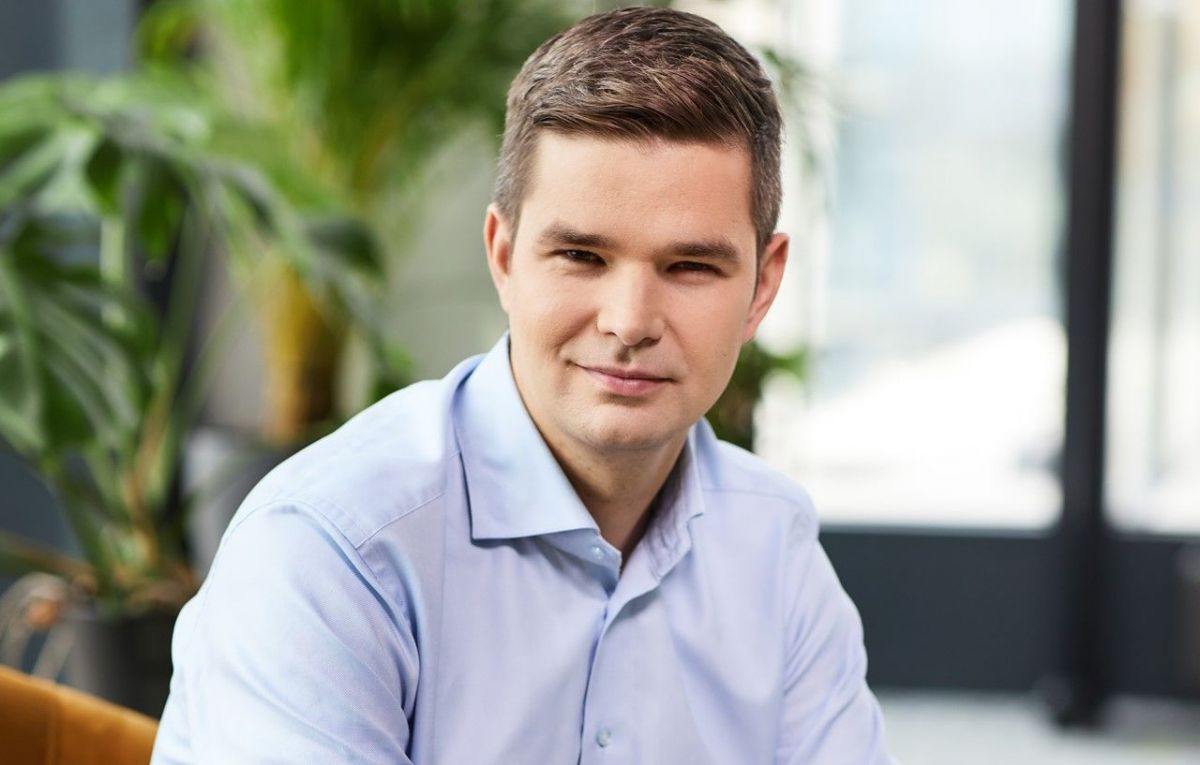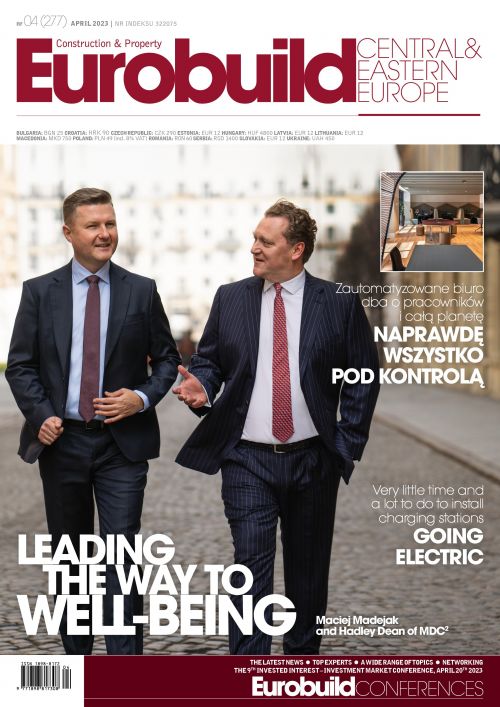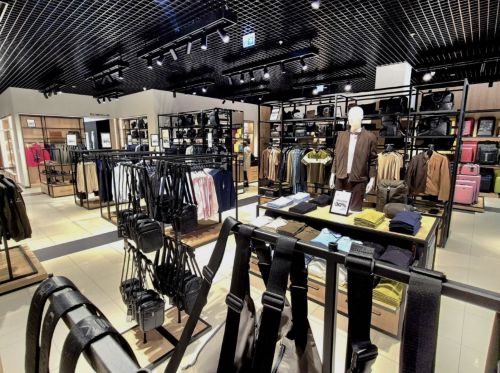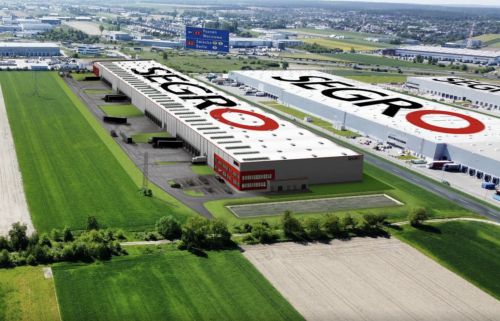How would you, as a tax and legal advisory, assess the beginning of the year for the real estate market?
Jakub Ziółek, the managing partner of Crido: We have seen the market slow down, which has meant lower transaction volumes – both for completed buildings and for development sites. But the situation seems rather different for some sectors. The warehouse sector has been active throughout, even though it’s slower than the hottest period of 2021 and 2022. The retail real estate sector had already slowed during the pandemic, where there have not been many transactions over the last few years and now it is maintaining this level. With the office market, we are clearly in a waiting game – funds are hoping for lower valuations and financing costs.
Does that mean you have less work right now?
When it comes to transactions, there is indeed less; but when it comes to facility management consulting, there’s a lot more. There are an increasing number of tax and legal regulations





























































